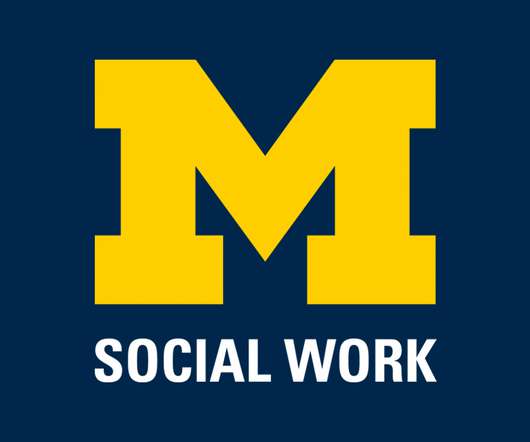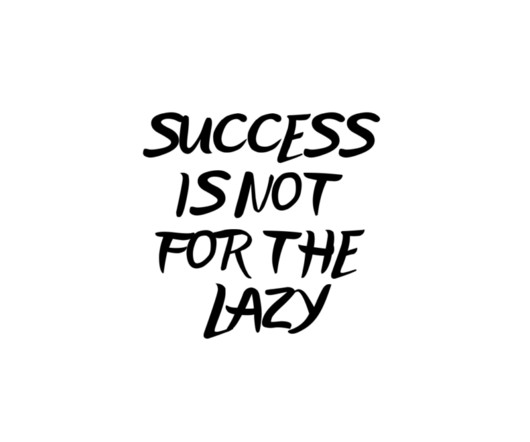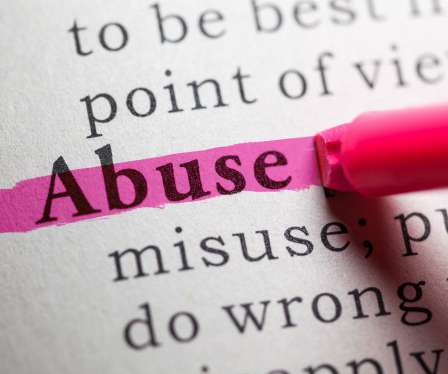You Asked, Case manager vs Social Worker – Surprising Difference?
Social Work Haven
MAY 31, 2023
You Asked, Case manager vs Social Worker – What is the Difference? – Social workers and case managers are both integral parts of the healthcare industry. Who is a case manager? What’s the difference between a case manager and a social worker? Who is a social worker?


















Let's personalize your content